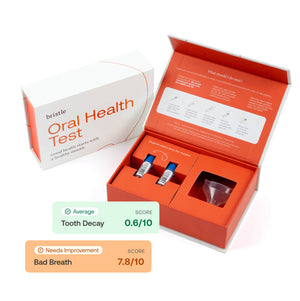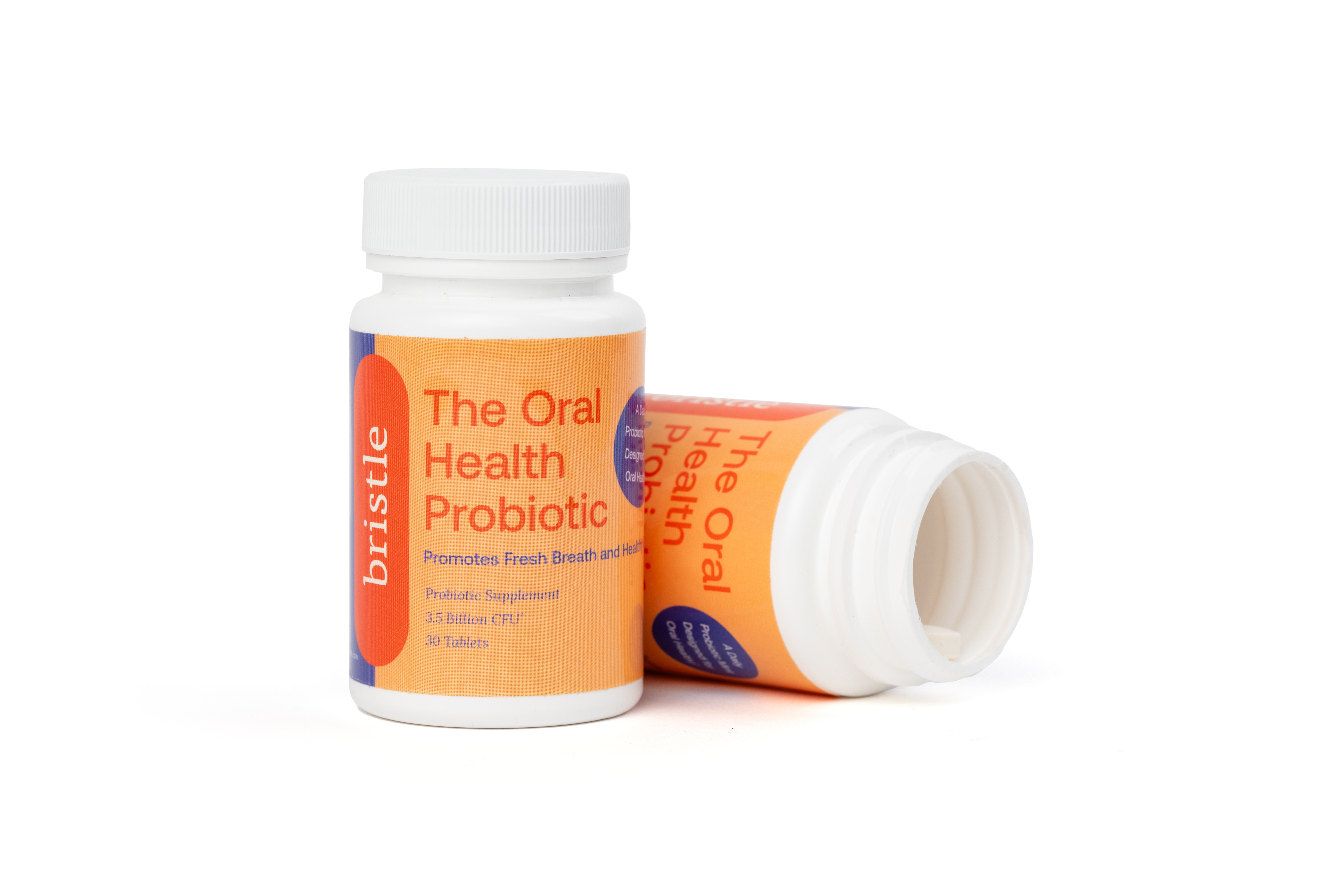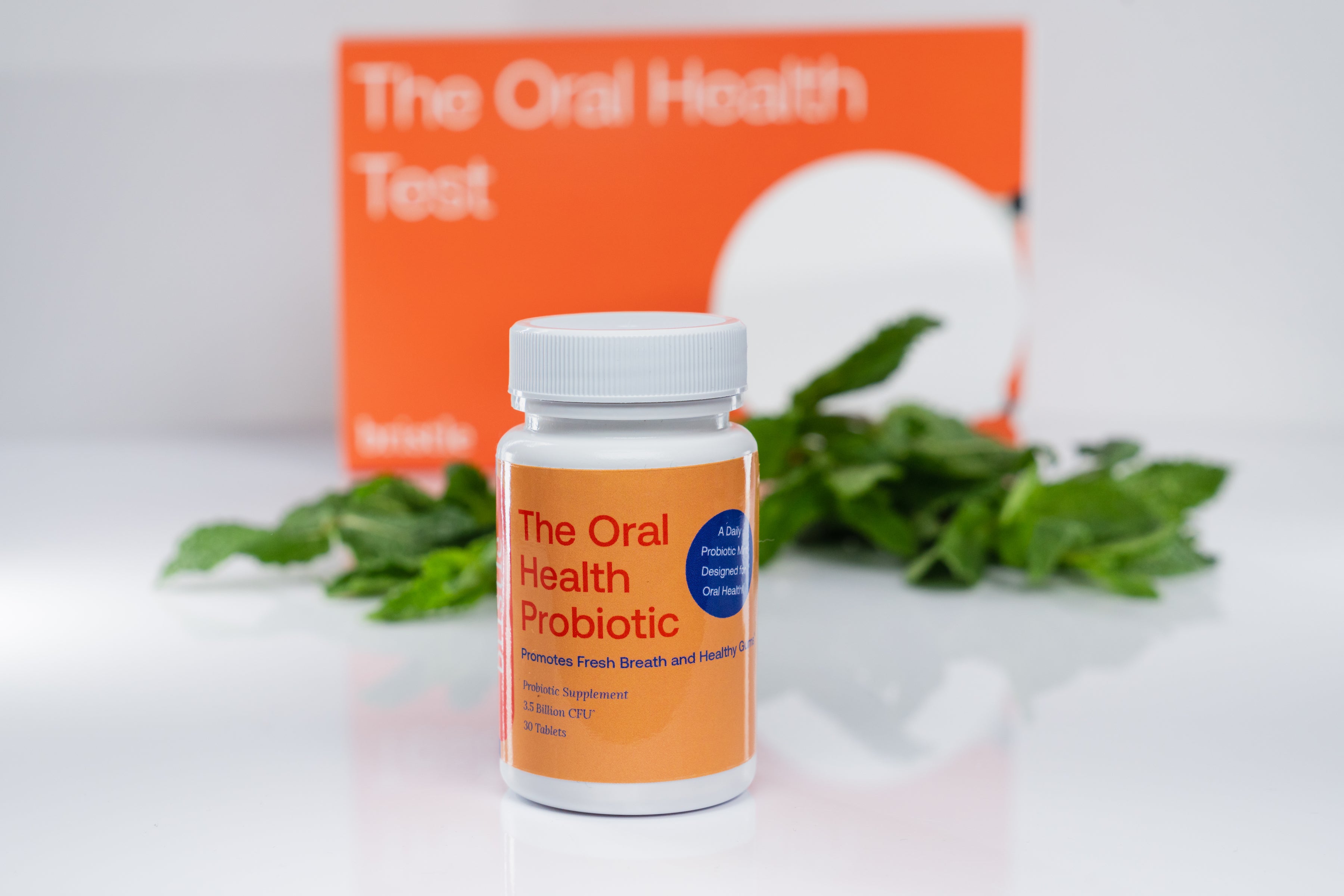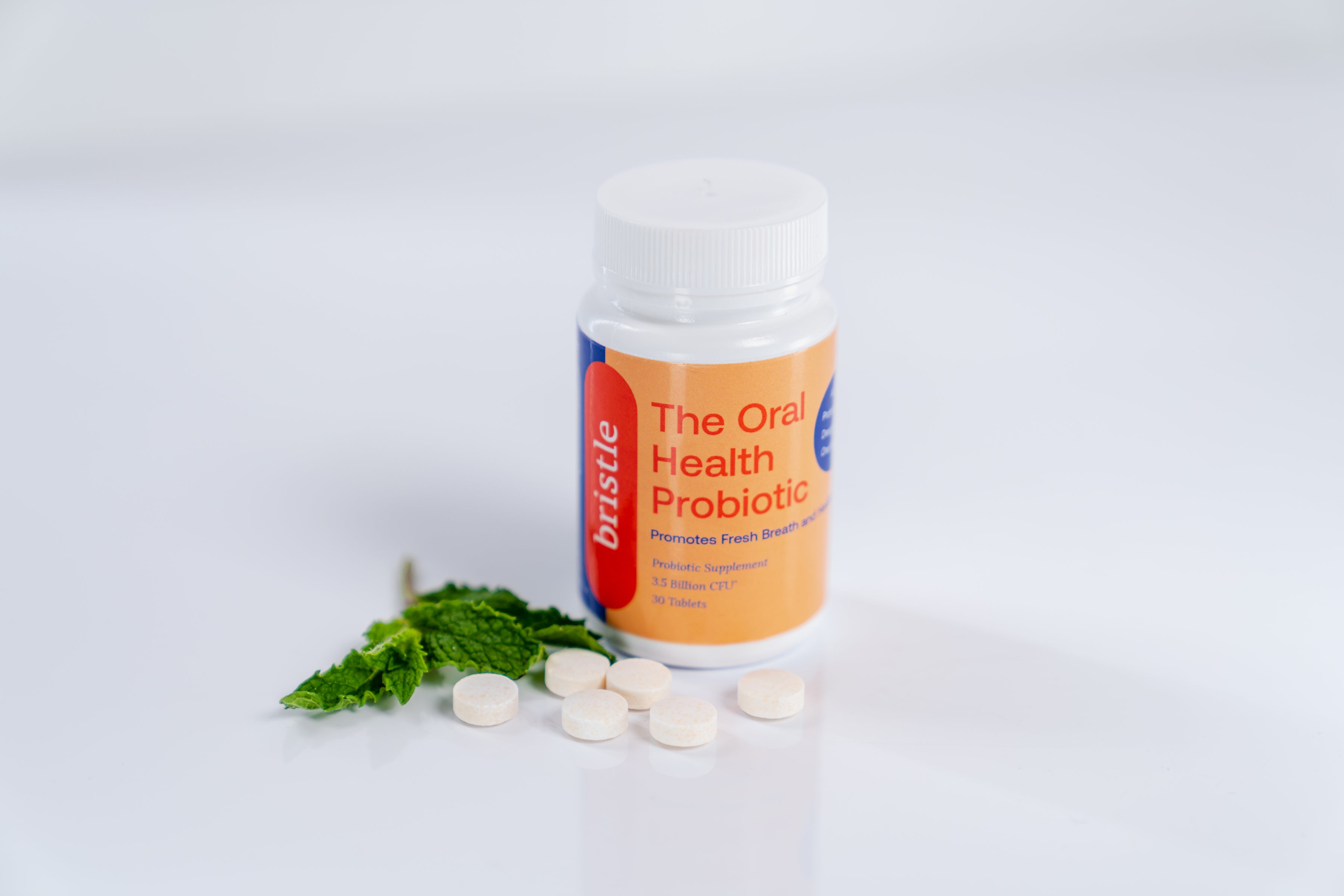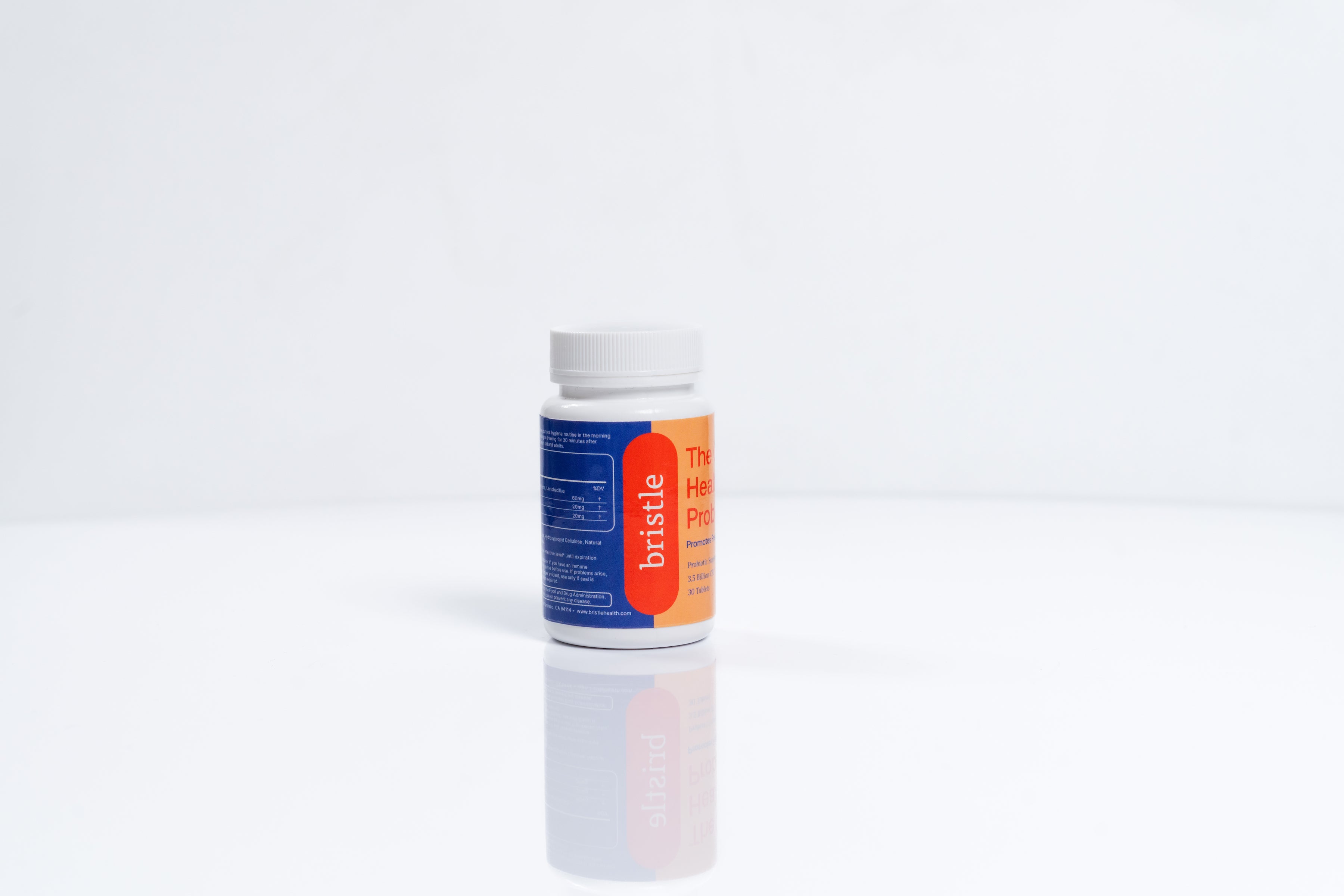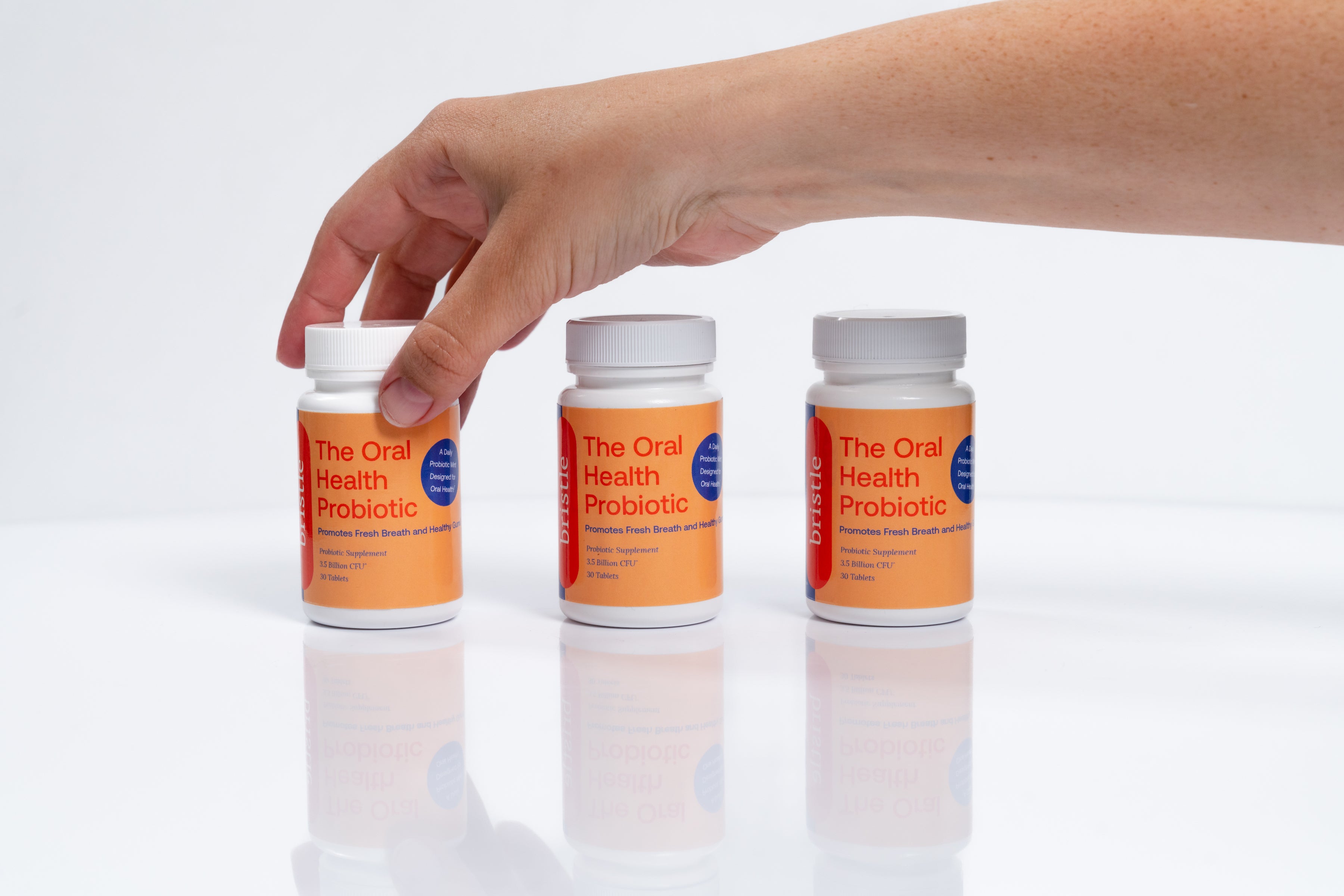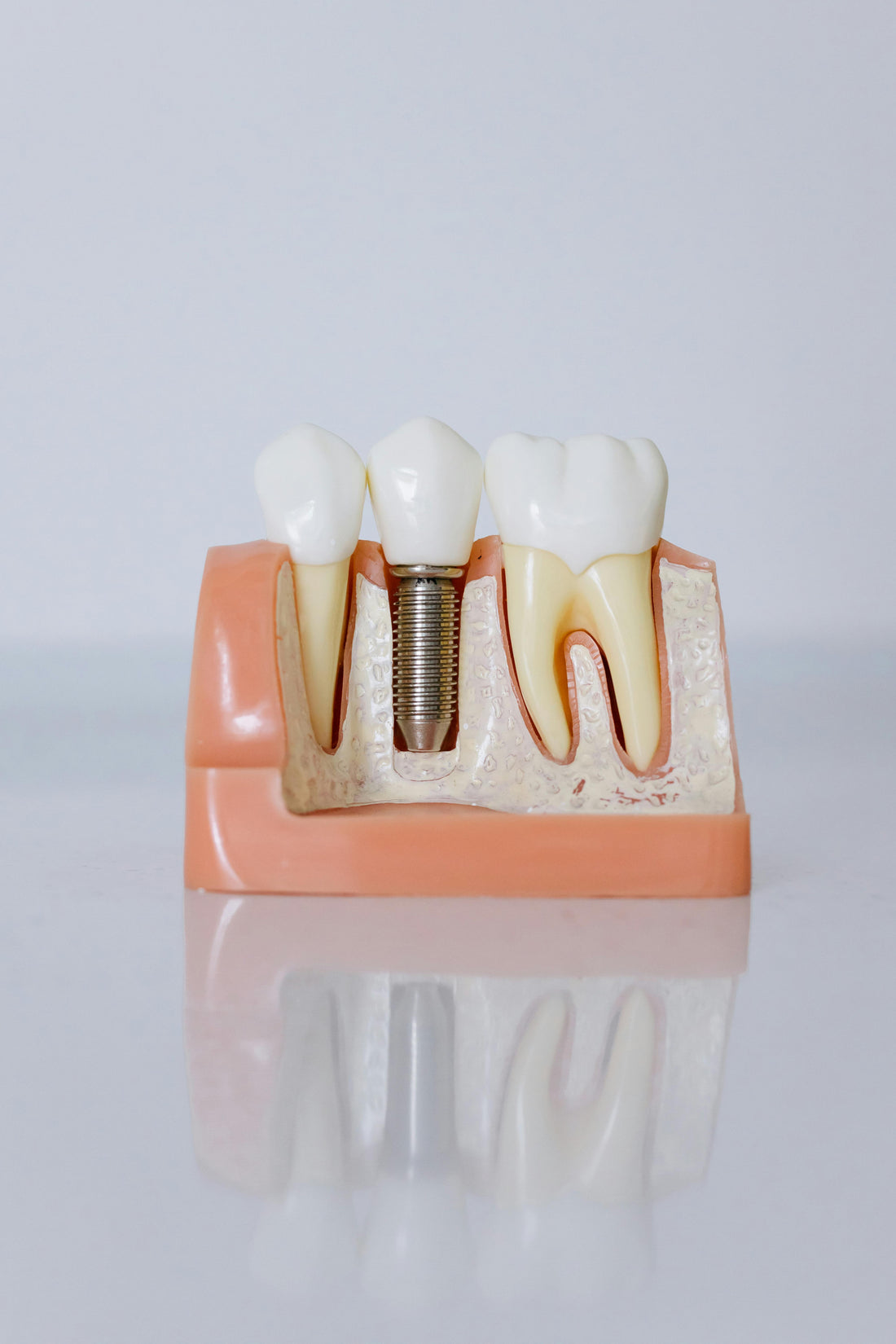A new study from NYU Langone has found that the microbes living in our mouths - both bacteria and fungi - may be linked to pancreatic cancer risk. Researchers identified 27 different species of bacteria and fungi that were associated with a 3.5-fold higher chance of developing pancreatic cancer.
This research compared the oral microbiomes of 445 individuals who developed pancreatic cancer, against 445 controls (people who did not develop pancreatic cancer). Notably, several gum disease bacteria were linked with higher risk, while certain “good” bacteria appeared to lower it. For the first time, a fungi called Candida was also implicated.
This isn’t the first time the oral microbiome has been tied to pancreatic cancer. Past research has shown that people with gum disease or high levels of gum disease-associated bacteria may be at an increased risk for various cancers, while those with diverse, healthy bacteria were more protected.
How could this happen?
Scientists believe oral microbes can travel through saliva, survive the digestive tract, and even reach the pancreas. Once there, they may trigger inflammation or interfere with immune defenses, creating an environment where cancer is more likely to develop. DNA from both oral bacteria and fungi has been found inside pancreatic tumors, suggesting they do make their way into the organ.
Why this matters
Pancreatic cancer is difficult to detect early. If oral microbiome “signatures” can help identify people at risk, saliva testing could one day support earlier detection. Just as important, this research underscores why we need comprehensive oral microbiome testing. Focusing only on known gum-disease bacteria misses other important players, including protective bacteria and fungi.
At Bristle, our oral microbiome test analyzes the entire community of microbes — not just a few bad bacteria — to give you a fuller picture of how your oral health may impact your whole body.
Bottom line: Taking care of your mouth isn’t just about preventing cavities or gum disease. A healthy oral microbiome may also protect against risk for serious conditions like cancer.

